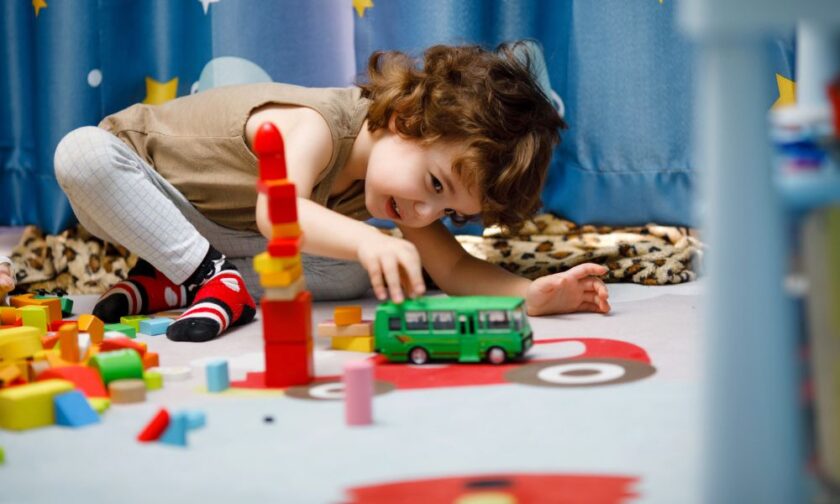In 2006, Australian author Kathy Hoopmann published a book called All Cats Have Asperger’s Syndrome. The book humorously introduces autism to children by comparing its traits to those we see in cats, like wanting to be near loved ones without being touched and preferring a routine.
If you have a child on the autism spectrum disorder and have had a cat, the comparisons are likely to make you smile. But as it turns out, those similarities may give us more than a cute way to explain autism spectrum disorder. There are many benefits of pet cats for children with autism.
Reduces Anxiety
According to the Anxiety and Depression Association of America, children with autism are 40 percent more likely to have heightened anxiety and anxiety-related disorders, like OCD and separation anxiety. This can lead to behavioral issues, like repetitive behaviors or self-injury.
Cat ownership may not cure a child of anxiety, but spending time playing with a cat can help reduce stress and anxiety at the moment, especially for kids on the spectrum. A cat’s purr may even help reduce your blood pressure.
Improves Empathy
Contrary to popular belief, a lack of empathy is not universal among children with autism. In fact, an autistic child’s “lack of empathy” is often less about a lack of care and more about them expressing their care in ways that others don’t understand.
Whatever the cause, owning any pet can increase empathy in children as they learn to be in tune with their needs, from their need for food to a veterinarian. Cat ownership specifically can help children with autism bridge the empathy gap.
Companionship
We all need unconditional acceptance. And despite improvements in our society’s treatment of those with autism, children on the spectrum can struggle to find it in a world that puts such great emphasis on a complex series of unspoken social codes.
The beautiful thing about animals is they don’t follow the same rules of friendship that humans do. If loneliness is something that your child struggles with, a cat may offer a little relief from these feelings. Keep in mind that they aren’t a replacement for all people. They need your acceptance too.
Better Fit for Sensory Issues
These benefits are common among other pets, like dogs. However, there are specific benefits of cat ownership for kids on the autism spectrum over other animals.
Dogs tend to make a lot of noise. They bark, pant, and their nails can make scraping noises against hard flooring that may grate on the ears of children on the spectrum. They also tend to demand more attention in a given moment, which may be overwhelming. On the other hand, cats move silently and balance the need for space with the need for touch.






